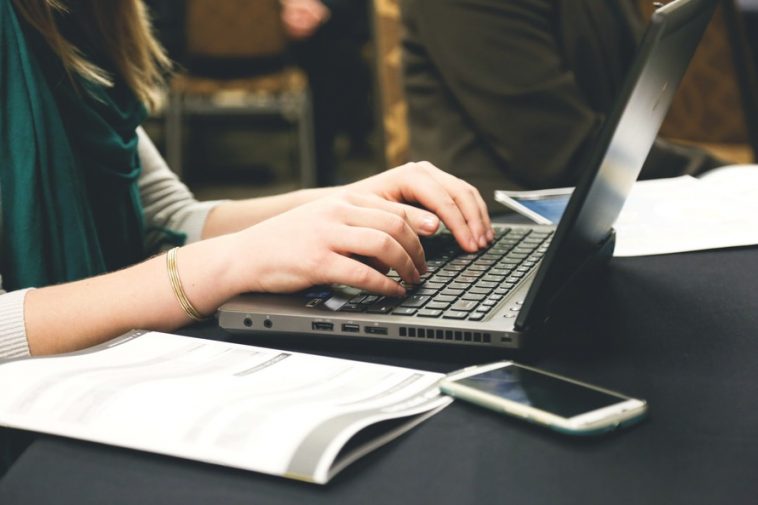The most common form of office communication is “E-mail”. It is used more than any meetings, phone calls, or instant messages. But if this communication tool is used incorrectly, it can leave you looking like an unprofessional. Most of us have been using email for years but are uninformed with the right etiquettes to use it. There are some of the wary behaviors that are not accepted in the professional world. If you could successfully avoid those mistakes, you can actually master the art of writing a good email. Experts have highlighted a few in this regard.
Writing too casually:
There are so many gaps when we are dealing with people from different generations. Keeping a too casual tone makes the relationship with the recipient a little awkward. It is better to stay in touch by keeping a formal tone.
Being too stiff:
It is better to act like a normal person rather than acting like a robot. You can add a little enthusiasm or personality to your emails. A one line mail can feel like a mechanical response with no emotions and feelings.
Using an unclear subject line:
When you start your email with “Hey” or “It’s me” kind of outlines, it makes your email unimportant in the eyes of the client. So always try to give your email an appropriate start. A workplace email should be clear and concise.
No subject line included:
The recipient of the email gets extremely irritated with emails that lack a proper subject line. This compels the recipient to open every email and look for anything that is important. It is wastage of time and leaves no good impression in the recipient’s mind for you.
Create a spate account for professional email:
It looks absurd to use a silly email address for send your emails for professional purpose. Your clients, employees, and colleagues all come under professional relations; you need to act professionally with them on every level.
Placing all words in CAPS:
The words in CAPS give the image of a person yelling at you. It gives a very frightening effect and can give your recipient a sudden heart attack. Therefore it is better that you keep your CAPS Lock turned off and write in a normal tone.
Bombarding your recipient with dozen emails:
Your good manners should be reflected in the online world also. Sending emails to your client everyday will eventually push them to send you into auto-reject mode. Try to send few informative emails rather than clinging on unimportant issues.
Being Curt:
If your recipient is a business colleague or client, than use words like “please” and “thank you” for showing a politer side even if you are already familiar with that person.
Inappropriate timings:
You may be awake and feeling productive at 3 am but the world around you sleeps and wakes up according to its own terms. Sending an email at a late hour can make you look like a workaholic or an obsessive.
Stop using too much punctuations:
You can convey your excitement by using only one punctuation mark. Some people put lots of punctuation marks at the end of their sentences which make them appear immature and unprofessional. One punctuation mark is enough to pass on your excitement to others.
Using unprofessional fonts:
The basic rule for a professional email is to convey a message or information that is understandable by the reader. Especially in the professional’s case, an email should be concise that take less time to figure out what it is about. The best way is to use 10-12 point-types and use fonts such as Times New Roman, Arial, or Calibri.
Going too long:
For writing an email always remember that nobody likes to read loads of text. People read that text more which is short but informative. Keep the recipient in mind and break email into short paragraphs instead of lengthy essays.
Numerous Typos:
There is no real excuse for sending emails with several mistakes in it. It gives the impression that you are not responsible enough to double check the text. Even if you are sending emails from mobile phone, always check carefully for any spelling and grammar mistakes.
Be respectful for the recipient’s time:
If you start a sentence in the subject line that finishes in the email’s body, then you have 100 percent chances of irritating the reader. The goal of your email should to convey your message in a brief and clear manner.
Replying all to every email:
Email is a communication tool and should be used for the purpose it is intended for. If you have to reply to an email sent out to a group, be careful to send it to everyone only if it is necessary.
The basic purpose of following email etiquettes is to look professional and be confident with how you respond to the business emails. It is much better if you complete and deliver your work professionally.






